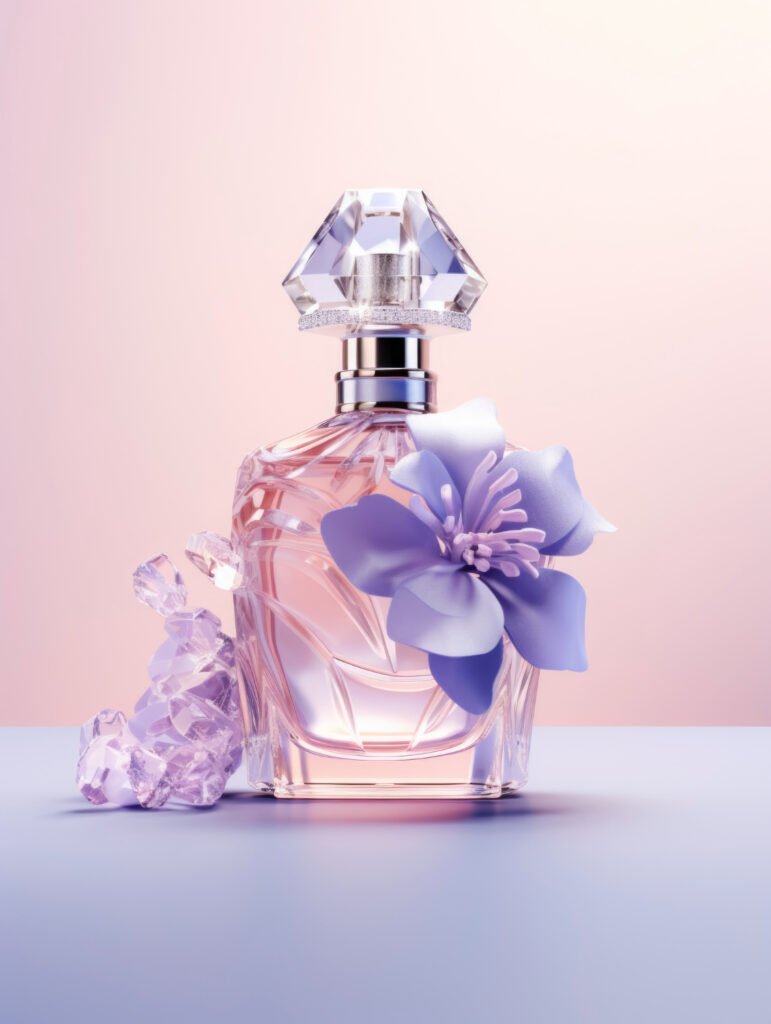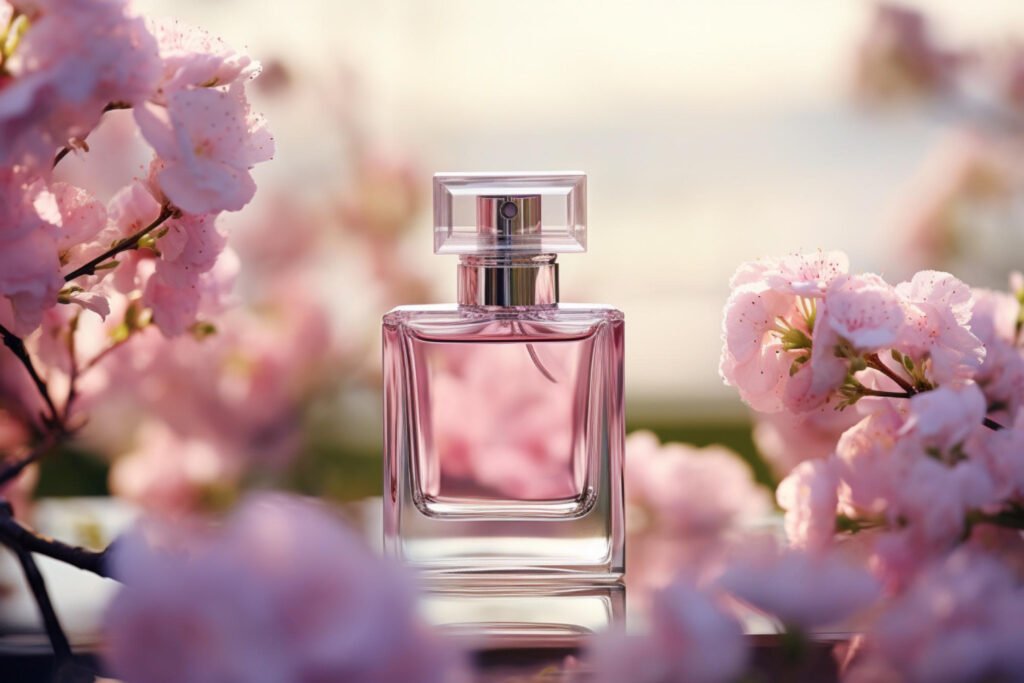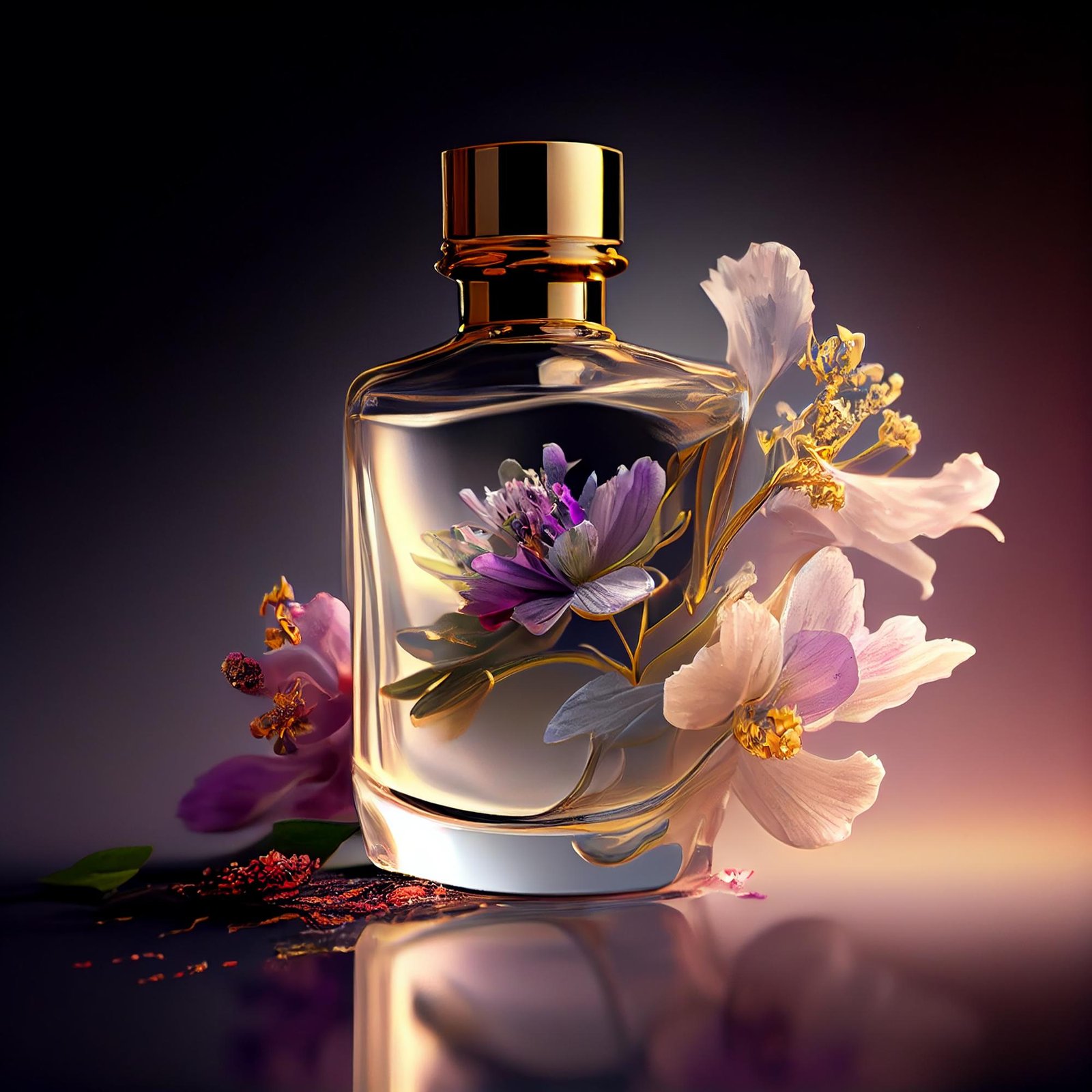
Perfume, an aromatic liquid designed to enhance one’s scent, has a history as rich and varied as its alluring scents. From ancient rituals to modern trends have played a prominent role in human culture this post, we will look at the history of and how it has influenced human identity and emotions.
A history of perfume.
Fragrance has been used since antiquity, and it was frequently related to religious events and rituals. The Egyptians, known for their sophisticated perfumery techniques, used aromatic oils and resins for both religious and cosmetic purposes. The art of perfumery expanded to ancient Greece and Rome, where it became an essential component of daily life.
The Science Behind Fragrance
Is a complex blend of aromatic chemicals, solvents, and fixatives that combine to produce a distinct scent. The science of is studying each ingredient’s molecular structure and how it interacts with the skin’s natural oils to produce a long-lasting aroma.
Types
There are many types of each with its own concentration of aromatic compounds. Eau de Parfum, Eau de Toilette, and Eau de Cologne are some common variants, with varying levels of scent intensity and longevity.
How is perfume made?
The process of making involves carefully selecting and mixing aromatic ingredients such as essential oils, resins and synthetic compounds. These ingredients are then mixed with alcohol and water to create a balanced fragrance that develops over time.
Factors influencing the choice
Many factors influence an individual’s choice of including personal preference, season, occasion and skin type. lovers often have a collection of fragrances to suit different moods and occasions.
Tips for selecting and applying
When selecting a fragrance, it is critical to consider your skin type and season. Applying fragrance to areas of the body where the skin is warm, such as the wrists, neck and behind the ears, can increase its staying power and potency.
Fragrance trends
Trends are constantly evolving, influenced by fashion, culture and consumer preferences. Floral, fruity and woody scents are perennial favourites, while exotic blends and niche cater to more discerning tastes.
Effect of fragrance on mood and emotions
has the power to evoke memories, improve mood and enhance emotions. Fragrance notes in can trigger different emotional responses, making it a powerful tool for self-expression and mood enhancement.
Scent and personal identity
plays an important role in shaping personal identity, people often choose fragrances that reflect their personality and style. A trademark fragrance can become linked with an individual’s identity, making an indelible impact on others.
Fragrance and cultural significance
has a deep cultural significance, with different cultures associating specific fragrances with different rituals and traditions is seen as a status and wealth symbol in some cultures, but it is also employed in religious ceremonies and rites of passage.
Scent in Marketing and Advertising
The industry relies heavily on marketing and advertising to promote new fragrances and attract consumers. Celebrity endorsements, elaborate packaging, and evocative storytelling are common tactics used to create a sense of desire and allure around fragrance.
Sustainability in the industry
As consumer awareness of environmental issues grows, the perfume industry is increasingly focusing on sustainability. From responsibly sourcing natural ingredients to reducing packaging waste, companies are taking steps to reduce their environmental footprint.

Common Misconceptions
There are many misconceptions about perfume, such as the belief that expensive perfumes are always better or that wearing more makes it last longer. In fact, the quality of a perfume depends on its ingredients and the perfumer’s skill, while wearing too much perfume can be overwhelming.
Result
Is more than just a scent; It is a reflection of our history, culture and personal identity. Whether you prefer a classic scent or a modern blend, has the power to evoke emotions, create memories and enhance how you feel.
Frequently Asked Questions
What separates Eau de Parfum from Eau de Toilette?
Eau de Parfum has a higher concentration of fragrance oils than Eau de Toilette, making it more intense and long-lasting.
Can perfume wear off?
Yes, perfumes can expire, usually within three to five years, depending on ingredients and storage conditions.
How should I store perfume to make it last longer?
Perfume should be stored in a cool, dark place away from direct sunlight and heat to maintain its fragrance integrity.
Can perfume be used on sensitive skin?
Some perfumes may irritate sensitive skin, so it’s essential to test a small amount on your skin before applying it liberally.
Is it okay to mix different perfumes?
Mixing perfumes can be a fun way to create a unique scent, but it’s essential to ensure that the fragrances complement each other.”


